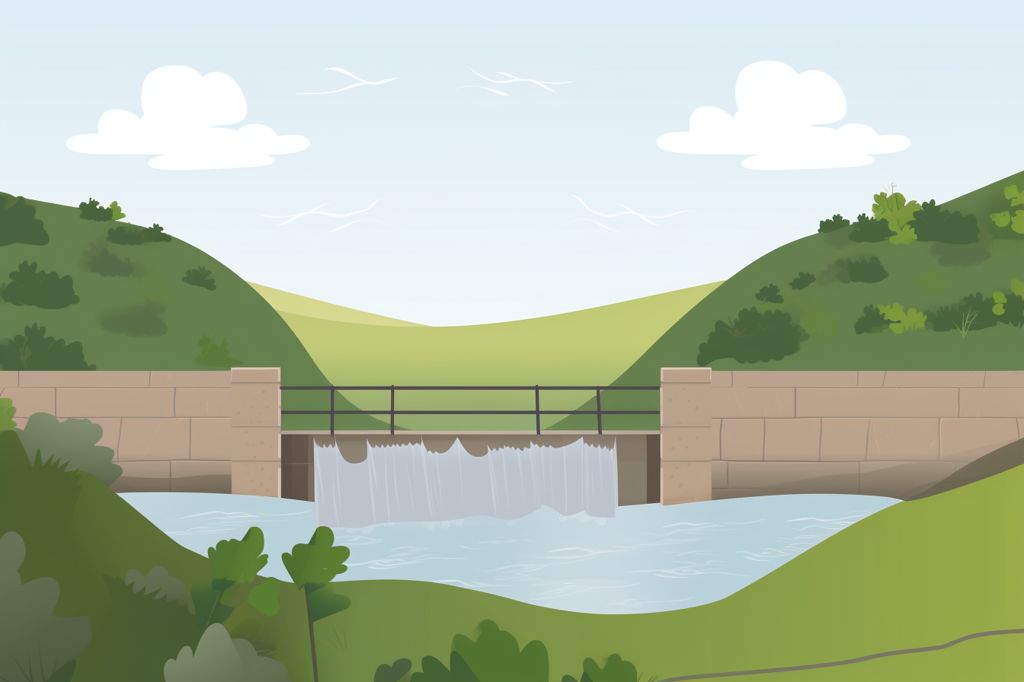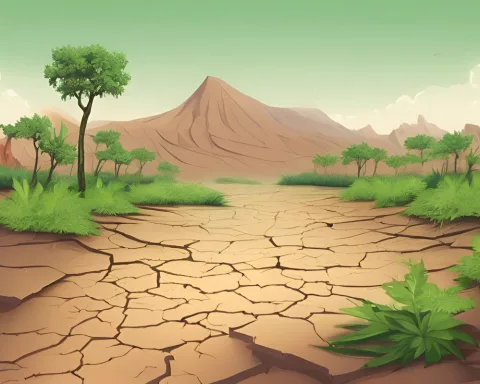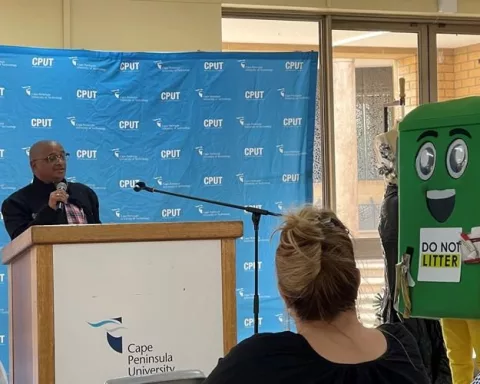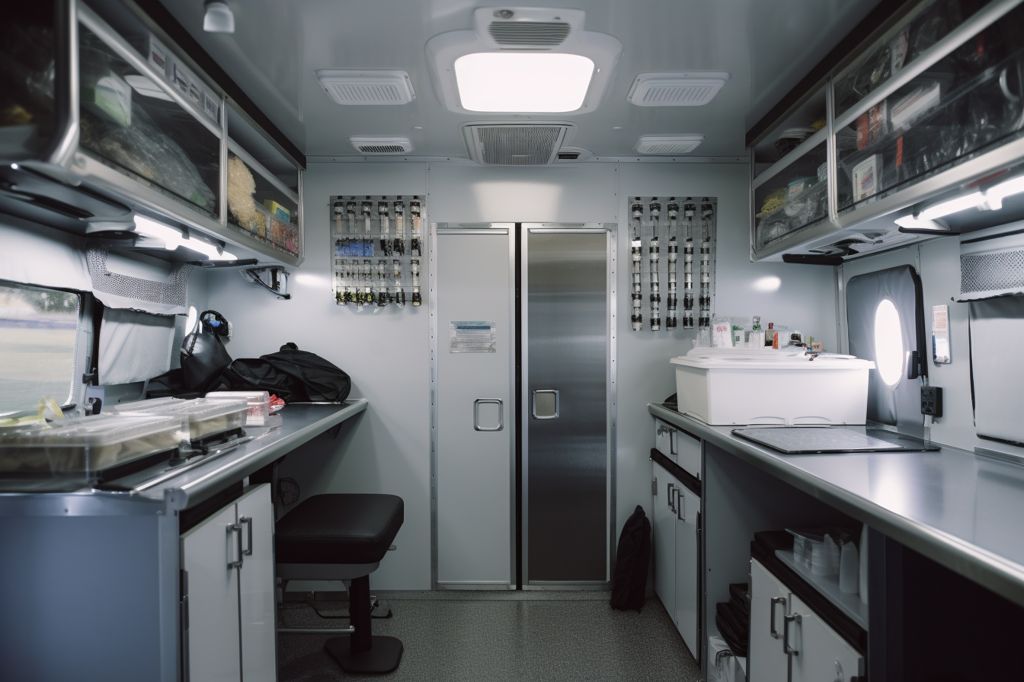South Africa, a water-scarce country, faces several challenges in providing its citizens with access to clean water and sanitation services. The Department of Water and Sanitation (DWS) has recently presented its budget for the financial year 2023/24, outlining its plans to address these issues. This article provides an in-depth analysis of the budget speech, examining the key projects, initiatives, and future plans of the DWS.
Water Resource Landscape
South Africa’s potential for developing surface water resources is limited due to an average rainfall of about half the global average and high evaporation rates. To address this, the DWS has identified several water resource infrastructure projects aimed at increasing storage capacity and ensuring water security. These include the raising of dam walls, the Lesotho Highlands Water Project, and the Mzimvubu Project.
National Water Resource Infrastructure Agency
The DWS is in the process of establishing the National Water Resource Infrastructure Agency to secure funds for necessary investments in national water resource infrastructure. This agency will transform the Trans-Caledon Tunnel Authority (TCTA) and focus on raising private sector finance for various water resource infrastructure projects.
Water Partnership
The DWS has established a Water Partnerships Office in collaboration with the Development Bank of Southern Africa (DBSA) and the South African Local Government Association (SALGA). This office aims to assist municipalities in developing bankable projects to improve water services, with a focus on reducing non-revenue water and promoting water re-use.
Sustainability of the Water Sector and Water Services
To reverse the decline in municipal water and sanitation services, the DWS plans to implement several measures, such as addressing escalating debts, improving pricing, and amending the Water Services Act to clarify roles, responsibilities, and functions within the sector.
Strengthening Regulation
The DWS aims to strengthen its role as the water sector regulator by expanding its No-Drop assessment reports to other sectors and improving water use licensing processes.
Supporting Municipal Water and Sanitation Services
The department provides significant support to municipalities through conditional grants for water and sanitation infrastructure development, addressing backlogs, and improving service delivery. It is also implementing major water services projects, such as the Giyani Water Project and the Loskop Bulk Water Project.
Reconfiguration of Water Boards
The DWS is transforming, reconfiguring, and consolidating the water sector institutions established in terms of the National Water Act and Water Services Act. This includes aligning the boundaries of water boards with provincial boundaries, reducing duplication, increasing financial sustainability, and ensuring water boards offer services to all areas needing support.
Institutional Strengthening of the Department
The DWS is strengthening the department as an institution, focusing on improving internal controls, personnel management, and addressing irregular expenditure.
The Department of Water and Sanitation’s budget for the financial year 2023/24 demonstrates their commitment to addressing South Africa’s water and sanitation challenges through a range of initiatives, projects, and reforms. By focusing on infrastructure development, strengthening regulation, and supporting municipalities, the DWS is ensuring sustainability in the water sector and improving access to water and sanitation services for all South Africans. As progress continues and projects are completed, it is essential to monitor and evaluate their effectiveness in achieving their stated goals and objectives.











